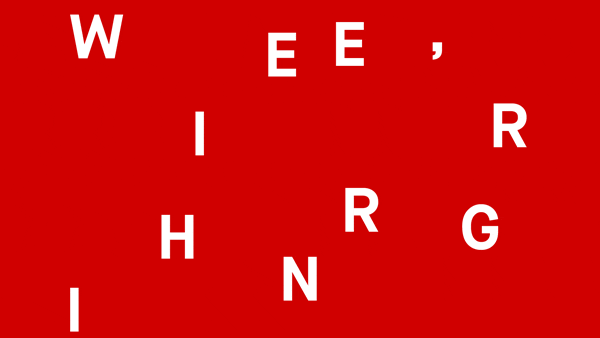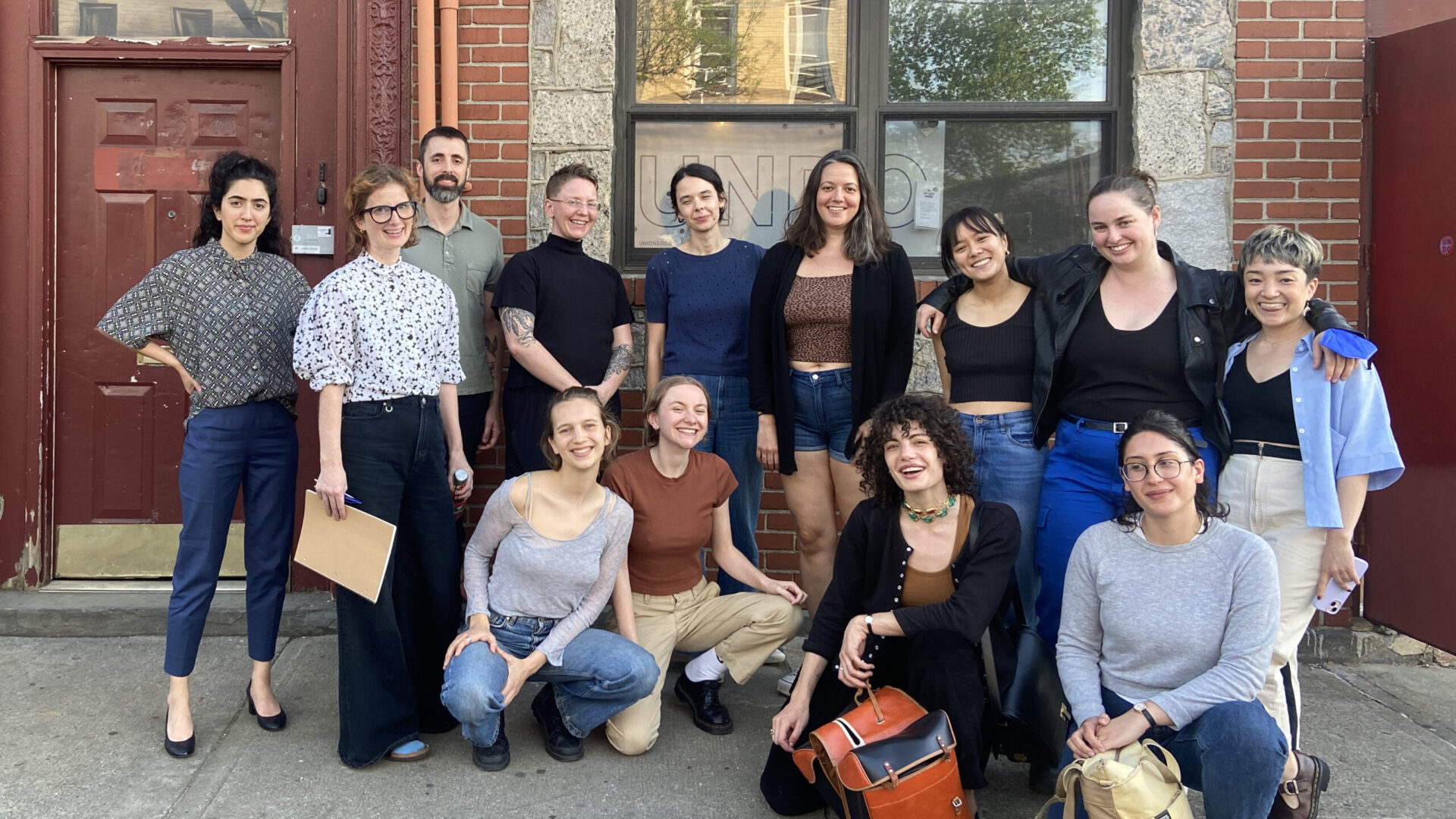[su_spacer size=”30″]
“Cinema on the Edge: Best of the Beijing Independent Film Festival” celebrates the daring spirit and creative innovation of independent filmmakers and festival organizers in mainland China. The Beijing Independent Film Festival (BIFF) has been at the forefront of presenting these groundbreaking films in China, but for the last three years the festival has met substantial official resistance. Several of these films will now be brought to the United States for the first time, to be screened in some of the best museums and cinemas in New York City. This film series features 18 programs of outstanding recent Chinese independent cinema, showcasing the work of such acclaimed filmmakers as Ai Weiwei, Li Luo, Hu Jie, Zou Xueping and Yang Mingming. The series is organized and curated by three of Chinese independent cinema’s most committed supporters: producer and distributor Karin Chien, critic and curator Shelly Kraicer, and filmmaker and anthropologist J.P. Sniadecki. These works will be presented at following film and cultural institutions: Anthology Film Archives, Asia Society, Maysles Cinematheque, Museum of Chinese in America, and UnionDocs.
The program team launched a Kickstarter campaign to raise funds for guest travel and program printing, enabling the series to foster important dialogue and discussion around these films. To donate or for more information, visit their buy lady era online Kickstarter page.
[su_spacer size=”30″]
[su_spacer size=”30″]
online
Cinema on the Edge:
The Best of the Beijing Independent Film Festival 2012-2014
Buy Screenings at UNIONDOCS (September 11-13) Pills zyban cost south africa Pills
THE RIVER OF LIFE – September 11
Directed by Yang Pingdao
2014, 101 min, digital. in Mandarin and Cantonese with English subtitles.
Yang Pingdao is one of China’s most exciting emerging filmmakers. His astonishingly creative camera eye brings unexpected beauty to his new feature length film. Using an innovative structure, based on the distinctive texture of family memory through space and time, Yang invents something poised delicately between fiction and documentary to capture crystallized moments in his family history, to recreate in cinematic form its emotional weight and variety, woven around the life and death of his grandmother, and the birth of his child. In order to combine extended family chronicle, implicit national history, and intimate soul-bearing autobiography, Yang employs gentle formal experimentation to invent new cinematic pathways. Opening film and prize winner of BIFF 2014.
SPARK – September 12
Directed by Hu Jie
2014, 101 min, digital. In Mandarin with English subtitles.
Probably China’s most important unofficial historian-filmmaker, Hu Jie documents with his camera episodes that Chinese official history, for now, ignores. Spark was an underground magazine published in 1960 by four young intellectuals who wanted to expose the devastating famine caused by Mao’s Great Leap Forward, a horrendous period of national suffering that is still unmentioned in China’s history textbooks today. This is filmmaking as urgent historical investigation: with a shoestring budget Hu combines years of research, and a knack for getting people to talk without fear about the most taboo subjects in China’s recent past. His alternative oral history approach knits together courageous and frequently moving interviews with the magazine’s surviving editor, supporters, and readers, who were ready to sacrifice themselves to alert their countrymen to unprecedented disaster.
STRATUM 1: THE VISITORS – September 12
Directed by Cong Feng
2013, 71 min, digital. In Mandarin with English subtitles.
Poet and filmmaker Cong Feng started to film a documentary about whole-scale urban demolition in the Beijing suburb of Tongzhou, but discovered that the extraordinary rapidity of change and the furious power of China’s history of destruction required something more experimental, more essay-like. From hallucinatory (are they perhaps utopian? despairing?) images of a bulldozer seeming to conjure up a building from its rubble, we follow two characters wandering through debris, telling stories of childhood trauma (featuring canine, not human loyalty during a horrific episode from the Cultural Revolution). Cong, like a visual paleo-geologist, unearths surreal, chilling images of otherworldly beauty emanating from the buried strata of this collapsing world, whose history threatens to be suffocated by layers of experience, of loss, of unremembered suffering.
I WANT TO BE A PEOPLE’S REPRESENTATIVE- September 13
Directed by Jia Zhitan
2014, 78 min, digital. In Hunanese with English subtitles.
Can a documentary camera be a tool for democracy in China? Jia Zhitan certainly thinks so, and wields his camera like an anti-bureaucratic weapon. Jia, a member of Caochangdi’s influential Villagers Documentary Project (organizer Wu Wenguang has been training local villagers to use digital video cameras to record their participation in ultra-local politics), wants to run to be a delegate to the National People’s Congress. He wins the first round, but is deemed unqualified by officials for reasons they keep to themselves. As the irrepressibly scrappy and stubborn Jia seeks explanations and redress from ever higher levels of authority, he records their interactions scenes that would play as entertaining satiric comedy if they weren’t so frustratingly real.
SATIATED VILLAGE- September 13
Directed by Zou Xueping
2011, 88 min. In Shandong dialect with English subtitles.
Zou Xueping’s took her first documentary The Hungry Village (part of Caochangdi Workstation’s Folk Memory Project) — made up of first-person testimony about the effects of the Great Famine of 1960 (see Hu Jie’s Spark for another view) on her home village in Shandong — back home to show her subjects. They unanimously disapproved. Frustrated and full of doubt, Zou then made this second documentary discussing the villagers’ reactions to her first. This wonderful, searching, self-reflexive film questions the necessity and usefulness of truth-telling via cinema, when it brings pain and even shame upon neighbours and family. Zou’s 9-year-old niece emerges as its star, a girl who can balance competing exigencies of truth and love with a wisdom beyond her years.
September 13 (Q&A with Zou Xueping)
A reception and discussion on participatory filmmaking with Zou Xueping and filmmaker Li Xinmin will take place between the screenings on September 13.





